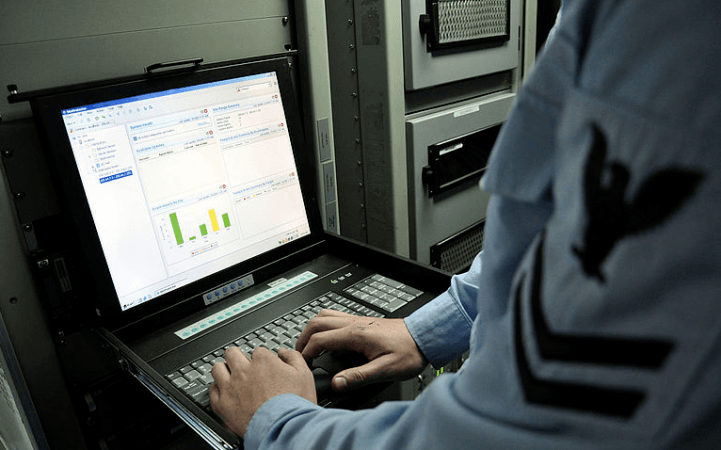
Researchers at Microsoft have found that the internet search history of an individual can go a long way in early detection of cancer. What a person searches online may be indicative of the future diagnosis of certain cancers such as that of the pancreas.
The study, published in the Journal of Oncology, first identified the search queries that indicated a recent diagnosis of pancreatic cancer and later tracked the search history of these individuals. It was found that months before the diagnosis, they had searched for various symptoms of pancreatic cancer.
After the statistical analysis, the researchers found that only 5-15 percent of the cases were low false-positive. Based on this method, the study said that the future diagnosis of cancer could get valuable clues by analysing search queries of people.
"Signals in search logs show the possibilities of predicting a forthcoming diagnosis of pancreatic adenocarcinoma from combinations of subtle temporal signals revealed in the queries of searchers," the study said.
The findings have, however, evoked mixed response from experts.
Robert Grossman, professor of medicine at the University of Chicago, who was not a part of the study, told TechTimes that this research is a step forward in finding low-cost diagnosis of diseases like cancer. "Finding low cost, low risk, high coverage health surveillance systems is an important challenge," he added.
However, there are many limitations of this study, according to Alison Patricia Klein, an oncology professor at Johns Hopkins University. She was quoted by the TechTimes as saying that it could be possible that the people who even look out for symptoms of diseases online may be suffering from advanced stages of disease at that time.
She said that the future diagnosis (as claimed by the study) is not possible in such cases. Klein added that this method could only benefit those who use technology. Those people coming from low-income groups may never access technology and hence their diagnosis is not possible, she added.









